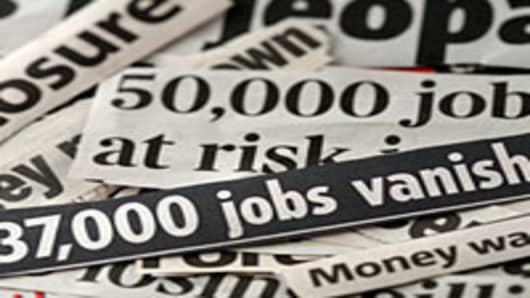Friday’s disappointing US non-farm payrolls data showed no jobs were created in the US in August, sending stocks sharply lower as fears over a recession intensified. One economist believes the data is not "inconsistent" with recession but says only a significant drop in retail sales and consumption could take the US back into recession.
“Consumer spending is the mainstay of U.S. domestic demand. It would be hard to envisage the U.S. economy contracting, if private consumption were still growing healthily,” Stephen Lewis, chief economist at Monument Securities, said on Monday.
Noting the strength of the July consumption data which showed spending rising by 0.8 percent Lewis said much of the growth was down to a rebound in demand for durable goods and is worried that spending could peak this month.
“If recent trends in non-durables and services spending persist, private consumption overall could plateau in August and September. Only if households’ aggregate spending turns decisively lower will there be incontrovertible evidence of recession ,” said Lewis.
The U.S. jobs data was clearly disappointing and not “inconsistent with the onset of recession,” according to Lewis who believes there is strength in other areas of the economy that do not point to a downswing.
“The Federal Reserve’s measure of industrial production rose in each of the three months up to July. This contrasts with the immediate pre-recession performance of this index in 2007, when output never regained the peak it had reached in September of that year,” said Lewis.
That figure could have been distorted by supply disruptions stemming from the Japanese tsunami disaster, according to Lewis, who noted the fall in the Philadelphia Fed survey for business sentiment.
“The swing from positive to negative in the business conditions index between February and August this year was the sharpest six-month deterioration since the survey’s inception in 1969,” he said in a research note.
“Since 1969, there has been no occasion when this index has been as weak as August's -30.7 that was not accompanied by recession,” said Lewis.



